
The Science of Deathbed Visions Many people have visions and dreams as they near the end of their life in which they reunite with loved ones who have gone before them. What can science tell us about these mysterious and common experiences? And how do they affect those who have them? These are questions that Chris Kerr, a hospice physician and neurobiologist, set out to answer through research decades after he witnessed his dying father having one when Kerr was an adolescent. Dr. Kerr, is the Chief Medical Officer and Chief Executive Officer of Hospice & Palliative Care Buffalo. He was featured in a recent New York Times magazine article . He is also the author of the book Death is But a Dream: Finding Hope and Meaning in End-of-Life Dreams.
Host: Susan Moran
Producers: Susan Moran, Shelley Schlender
Executive Producer: Shelley Schlender
Listen to the show here:
Podcast: Play in new window | Download (Duration: 26:14 — 36.0MB)
Subscribe: RSS


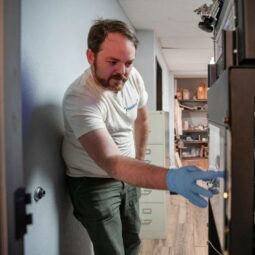
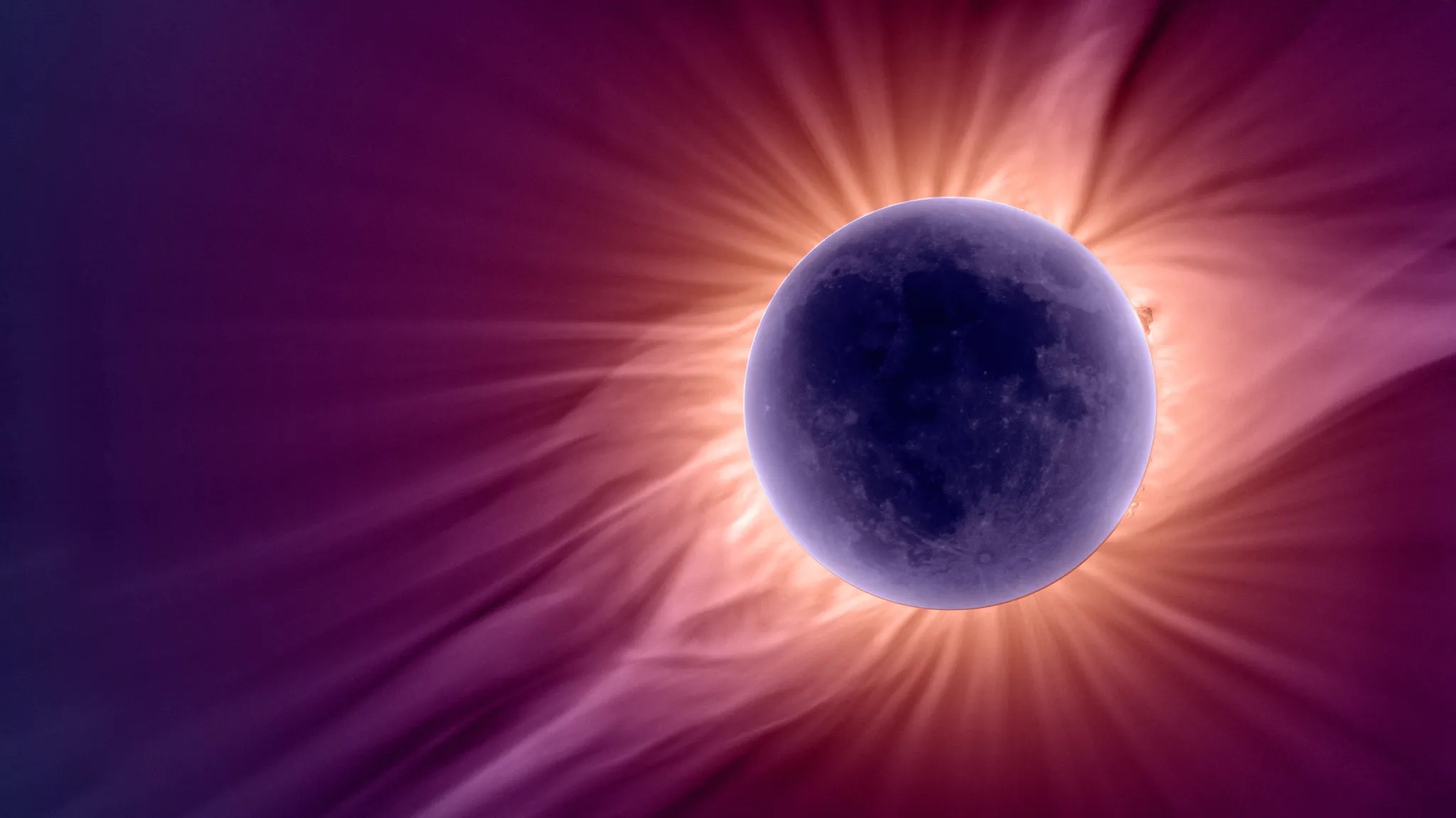 In this episode of How on Earth, we talk about the upcoming
In this episode of How on Earth, we talk about the upcoming 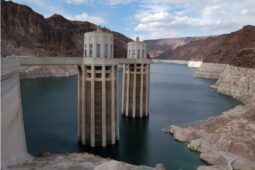
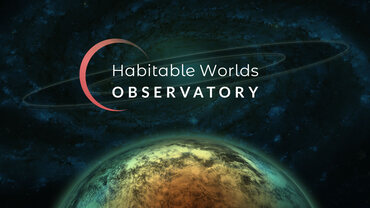 Habitable Worlds Observatory (starts at 5:15)
Habitable Worlds Observatory (starts at 5:15) 

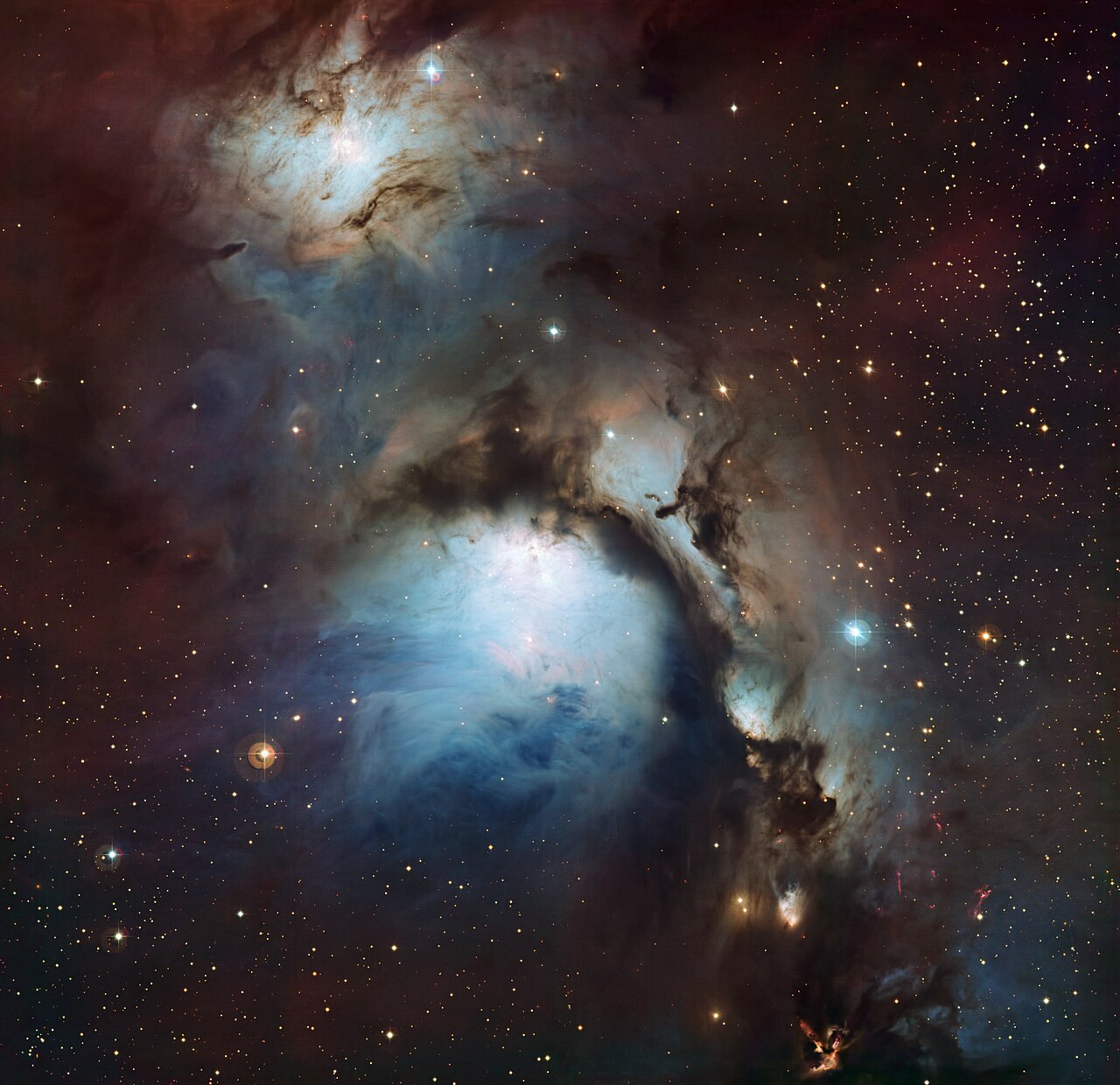
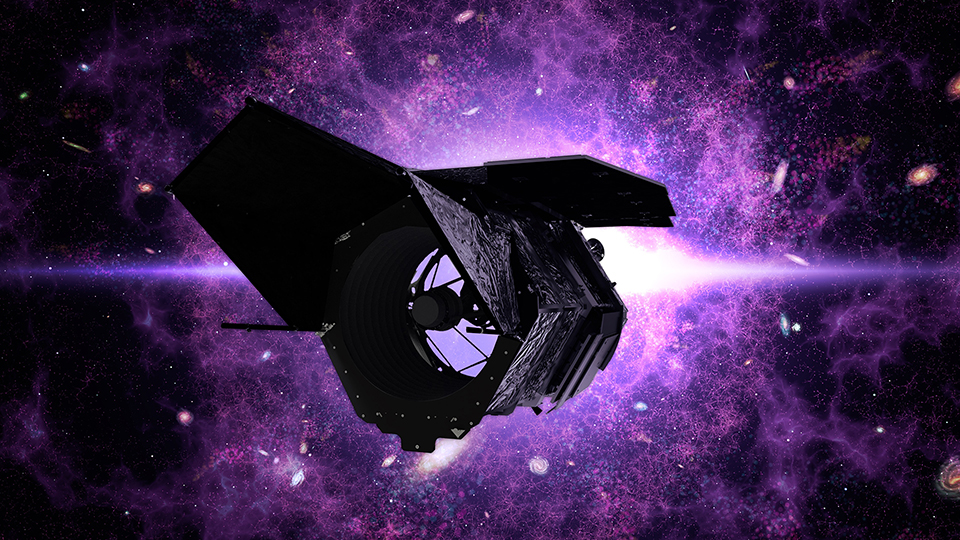 NASA Headquarters in the
NASA Headquarters in the 
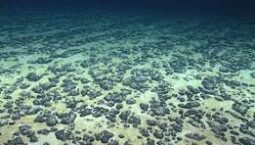
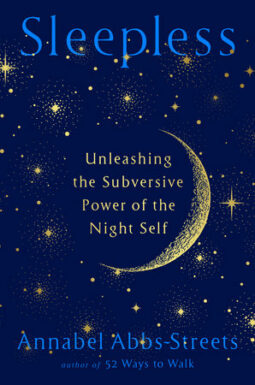 In this week’s show Beth speaks with author
In this week’s show Beth speaks with author  This week on How on Earth Beth speaks with Mattie Matsch, deputy director of
This week on How on Earth Beth speaks with Mattie Matsch, deputy director of